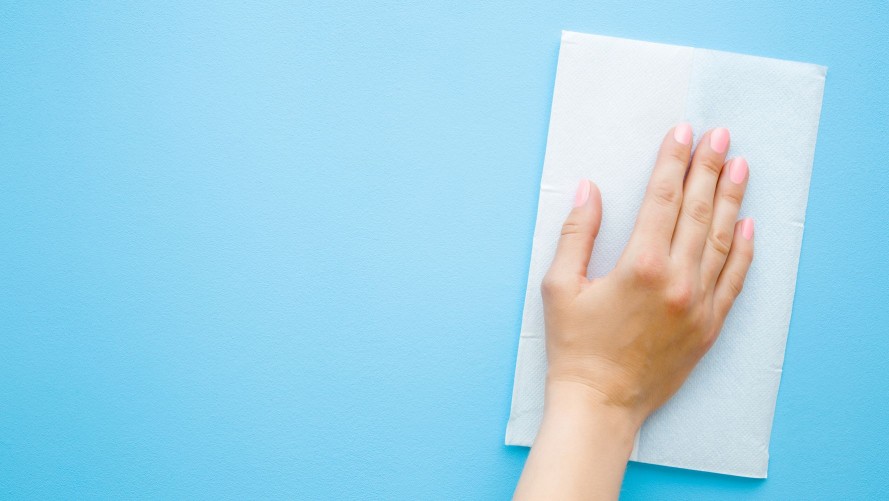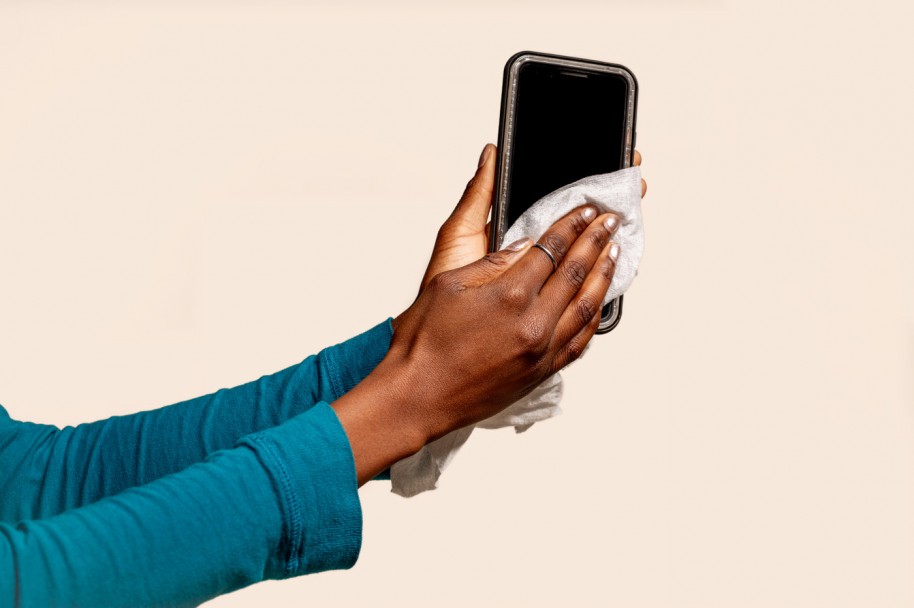How long can Coronavirus last on different surfaces?
As we know, touching contaminated surfaces is one of the easiest ways to contract COVID-19, and if you were already a germaphobe, it’s likely you’re doing everything in your power not to touch... just about anything.

Though there is a myriad of myths circulating about how can you can and cannot come into contact with the virus, there is one that is definitely fact - and that’s that it lasts longer on some surfaces than others.
In a study published by the New England Journal of Medicine, they break down which ones to be particularly cautious of. Here’s a brief run-down…
Plastic and Stainless Steel
According to the study, the virus lasts the longest on plastic surfaces, with reports of molecules lasting for up to 72 hours. The same also applies to stainless steel - although this varies to other myrtles.
Echoing the necessity to wash your hands thoroughly before and after going outside of your bubble.
Cardboard
COVID-19 can reportedly last on cardboard for up to 24 hours. Although there are discrepancies in the results, it’s another reminder that you must be extremely careful when handling deliveries, as the majority of parcels are made from cardboard.
Air Particles
There has been growing speculation around how long COVID-19 can linger in the air. As of yet, there is no concrete evidence front he World Health Organisation as to whether or not you can contract the virus for air particles, or if it an airborne disease. They do however agree that airborne transmission is likely to happen through coughs and sneezes, reinforcing the importance of social distancing.
Other helpful precautions:

Wash your phone
Your phone is like a third hand, and are often held up to your face, be sure to disinfect it. "Studies have shown that smartphones surfaces are covered in bacteria, including bacteria that can cause serious infections like Staphylococcus species," says Judy Guzman-Cottrill, an infectious disease expert at Oregon Health & Science University.
Try the stinky trick if you can’t stop touching your face
Your face offers multiple entry points, so every time you touch your face, you risk getting infected. "After you wash your hands really well, touch a piece of raw onion," says Catherine Belling of Northwestern University Feinberg School of Medicine. With this strong smell on your fingers, "you'll notice when you touch your face," she says. Sure, it may make you a tad antisocial, but it could be a good way to train yourself to touchless.
Find out more about COVID-19 and how best to protect yourself and others on the government website here.




